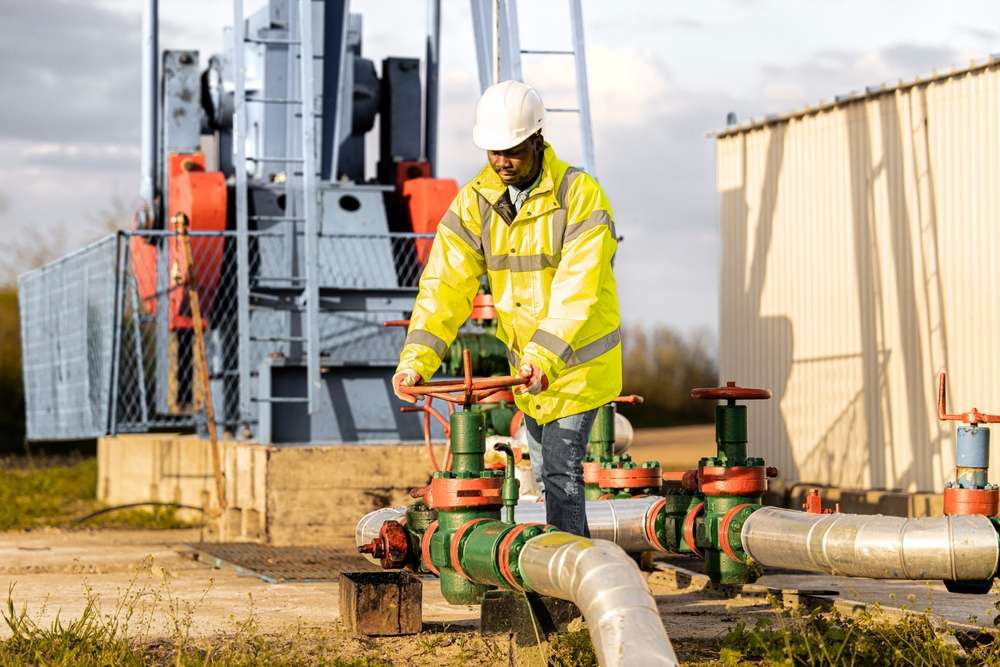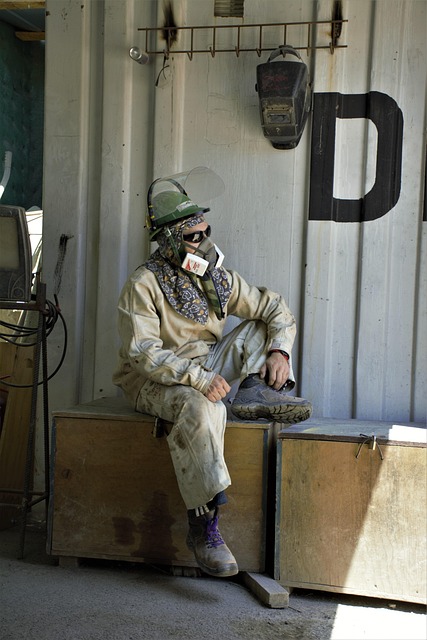Discover the Construction Work Environment in Amsterdam
If you live in Amsterdam and speak English, a career in construction can offer stable employment, competitive pay, and room to grow. From building homes to large infrastructure projects, construction sites demand physical strength, attention to safety, and teamwork. Learn what daily work is like, which roles are most in demand, and how to prepare for training, certifications, and career advancement in Amsterdam’s dynamic construction industry.

Working Conditions and Safety on Amsterdam Construction Sites
Construction sites in Amsterdam operate under strict safety regulations governed by Dutch occupational health and safety laws. The Arbo-wet (Working Conditions Act) mandates comprehensive safety protocols that all construction companies must follow. Workers receive mandatory safety training, including certification for operating heavy machinery and working at heights. Personal protective equipment (PPE) is required at all times, including hard hats, safety boots, high-visibility clothing, and specialized equipment depending on the task.
Weather conditions significantly impact construction work in Amsterdam, with the maritime climate bringing frequent rain and wind. Construction sites typically operate year-round, though severe weather may temporarily halt outdoor activities. Most projects incorporate seasonal planning to accommodate weather-related delays. Indoor construction and renovation work continues throughout winter months, providing consistent employment opportunities.
Working hours generally follow the standard Dutch schedule of 40 hours per week, with most sites operating from 7:00 AM to 5:00 PM on weekdays. Some projects may require weekend work or extended hours to meet deadlines, typically compensated with overtime pay or additional time off.
Key Roles, Skills, and Daily Responsibilities in Construction
Amsterdam’s construction sector employs various professionals across multiple specializations. General construction workers handle basic building tasks, site preparation, and material handling. Skilled tradespeople include electricians, plumbers, carpenters, and masons, each requiring specific technical training and certifications. Project managers oversee construction timelines, coordinate with subcontractors, and ensure compliance with building codes.
Daily responsibilities vary by role but commonly include reading technical drawings, operating construction equipment, installing building systems, and maintaining detailed work logs. Many positions require physical stamina, attention to detail, and the ability to work collaboratively in team environments. Technical skills increasingly include familiarity with digital tools, as the industry adopts building information modeling (BIM) and other advanced technologies.
Language requirements typically include basic Dutch proficiency, though many international companies operate in English. Professional certifications such as VCA (Safety Checklist Contractors) are often mandatory, while trade-specific qualifications may be required for specialized roles.
Career Growth and Opportunities in Amsterdam Construction Industry
The Amsterdam construction market presents substantial growth potential, driven by ongoing urban development, infrastructure modernization, and sustainable building initiatives. Entry-level positions often lead to supervisory roles within 3-5 years for dedicated professionals. Apprenticeship programs, supported by industry associations and educational institutions, provide structured pathways for career advancement.
Professional development opportunities include specialized training in green building techniques, project management certification, and advanced technical skills. Many workers pursue additional qualifications to transition into consulting, inspection, or independent contracting roles. The emphasis on sustainable construction creates demand for expertise in energy-efficient building methods and renewable energy systems.
Career progression typically follows established paths from apprentice to journeyman to master craftsperson or project leadership positions. International professionals often find opportunities to work on cross-border projects or with multinational construction firms operating throughout Europe.
| Job Category | Experience Level | Monthly Salary Range (EUR) |
|---|---|---|
| Construction Laborer | Entry Level | 2,200 - 2,800 |
| Skilled Tradesperson | 3-5 Years | 2,800 - 3,800 |
| Site Supervisor | 5-10 Years | 3,500 - 4,500 |
| Project Manager | 10+ Years | 4,500 - 6,500 |
Prices, rates, or cost estimates mentioned in this article are based on the latest available information but may change over time. Independent research is advised before making financial decisions.
Amsterdam’s construction industry continues evolving with technological advances and sustainability requirements. The city’s commitment to carbon-neutral construction by 2030 drives innovation in building materials and construction methods. This transformation creates opportunities for professionals willing to adapt to new technologies and environmental standards. The sector’s stability, combined with competitive compensation and clear advancement pathways, makes construction an attractive career choice for both local and international workers seeking long-term employment in Amsterdam’s thriving economy.




